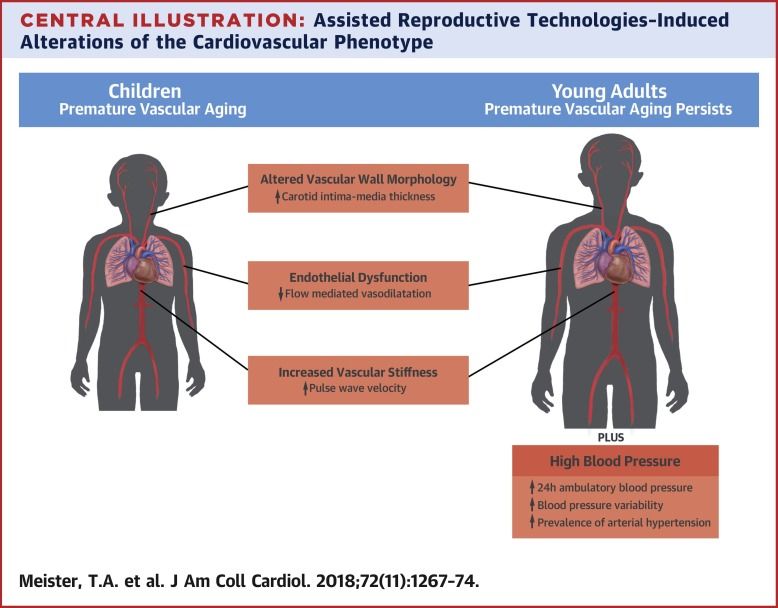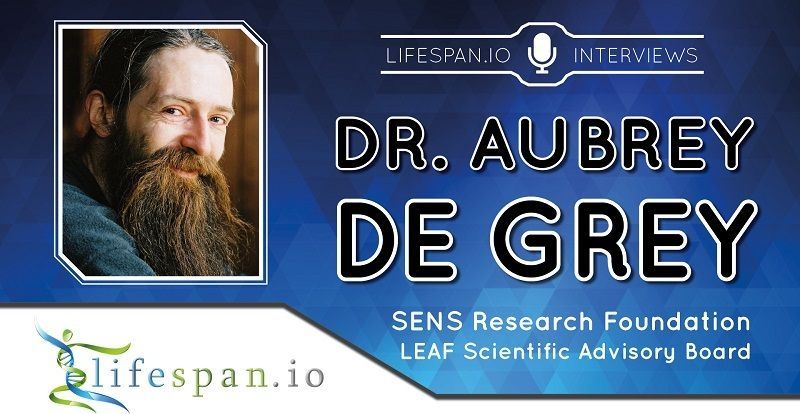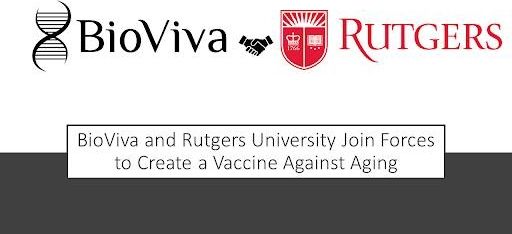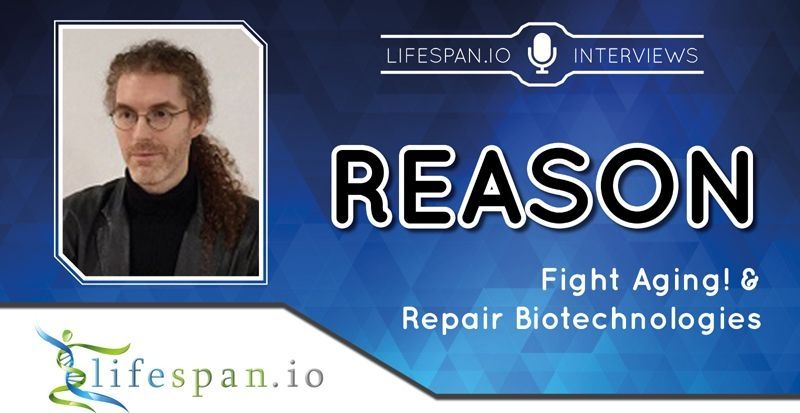There’s a positive correlation of assisted reproductive technologies with arterial hypertension. Epigenetics and hormone treatments with IVF are probable causes.
Assisted reproductive technologies (ART) have been shown to induce premature vascular aging in apparently healthy children. In mice, ART-induced premature vascular aging evolves into arterial hypertension. Given the young age of the human ART group, long-term sequelae of ART-induced alterations of the cardiovascular phenotype are unknown.
This study hypothesized that vascular alterations persist in adolescents and young adults conceived by ART and that arterial hypertension possibly represents the first detectable clinically relevant endpoint in this group.
Five years after the initial assessment, the study investigators reassessed vascular function and performed 24-h ambulatory blood pressure (BP) monitoring (ABPM) in 54 young, apparently healthy participants conceived through ART and 43 age- and sex-matched controls.








